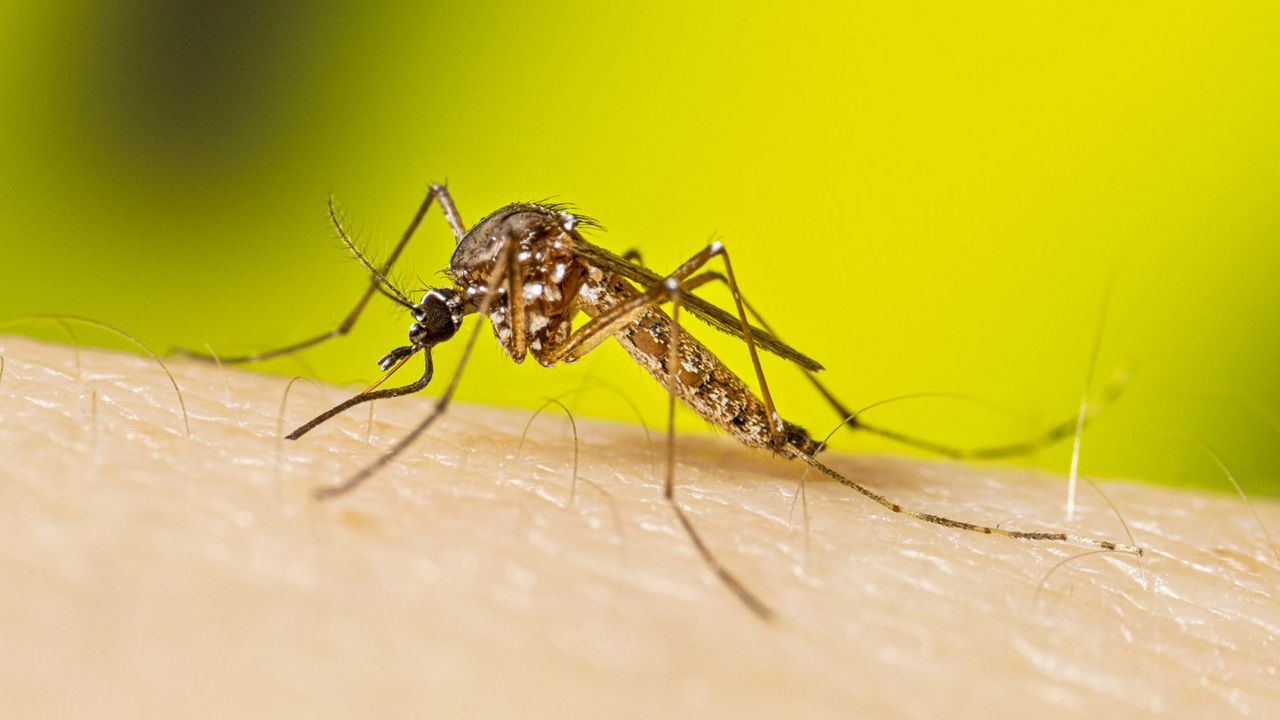Break out the bug repellent! The North Carolina Department of Health and Human Services urges North Carolinians to “fight the bite" as part of April’s Tick and Mosquito Awareness Month for vector-borne diseases.
In 2022, almost 700 cases of mosquito and tick-borne illnesses were reported in North Carolina.
"Ticks and mosquitoes are everywhere in North Carolina and their bites can cause serious diseases," said State Public Health Entomologist Alexis M. Barbarin. "We encourage all North Carolinians to explore the outdoors but do so safely and take protective measures like using DEET or other EPA-approved repellents."
The most common mosquito-borne diseases in North Carolina are West Nile virus (WNV), eastern equine encephalitis (EEE), and La Crosse encephalitis (LAC). Our state had the second-highest number of LAC cases in the United States between 2012 and 2021, according to a press release from NCDHHS.
Rocky Mountain spotted fever, Lyme disease and other tick-bone diseases can cause fever, rashes, flu-like symptoms and headaches, according to the press release.
Regarding ticks, NCDHHS encourages North Carolinians to use repellents, empty stagnant water in yards, and be mindful when traveling abroad to prevent contact with these insects.
The “Fight the Bite” campaign is a collaboration between schools grade K-12 and the NCDHHS to create a poster to promote awareness.



